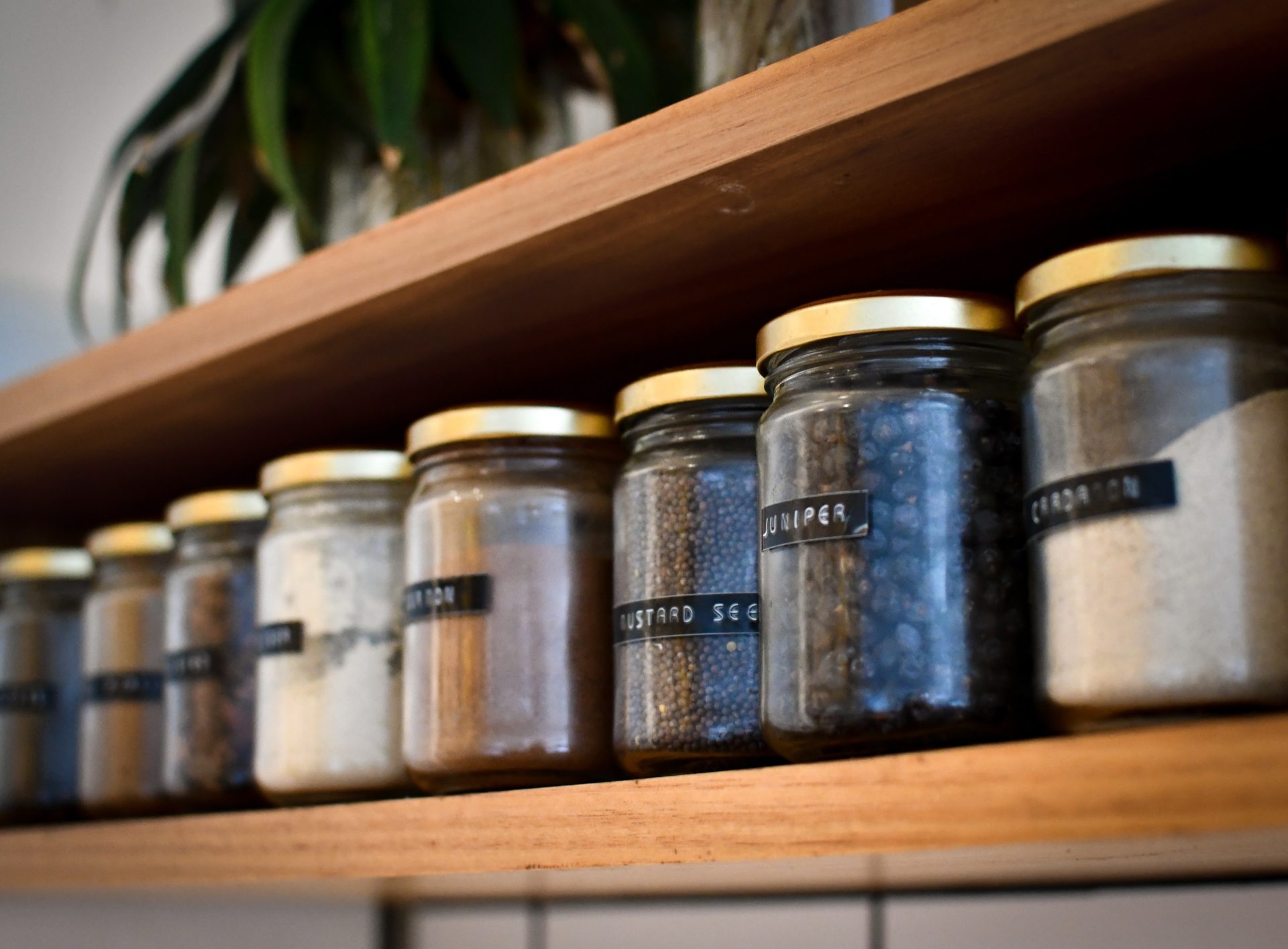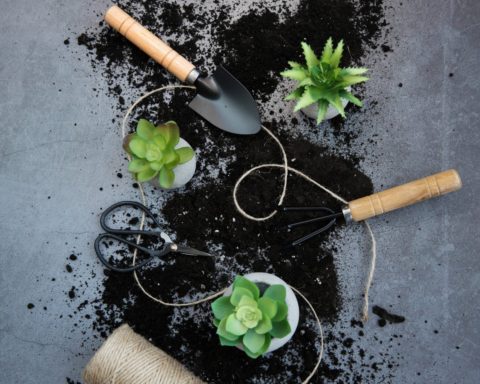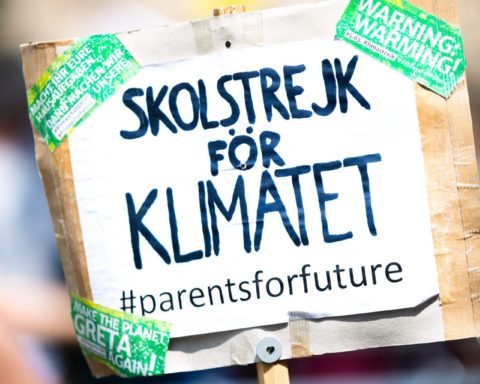If you’re anything like me, you would have become increasingly aware of the impact of climate change.
There are various groups and individuals telling us to do this and do that in order to save the planet. These efforts to get people to change their habits can be found everywhere: television, social media and radio and more.
We’re told to stop eating fish; don’t eat meat from factory-farmed animals; don’t eat animals; reduce your carbon emissions; use renewable energy; stop using single-use plastic; grow your own food; lead a minimalist lifestyle and lead a zero-waste life. This is (quite, literally) to name only a handful.
And while all of this encouragement may be helpful, it can all become just a tad overwhelming.
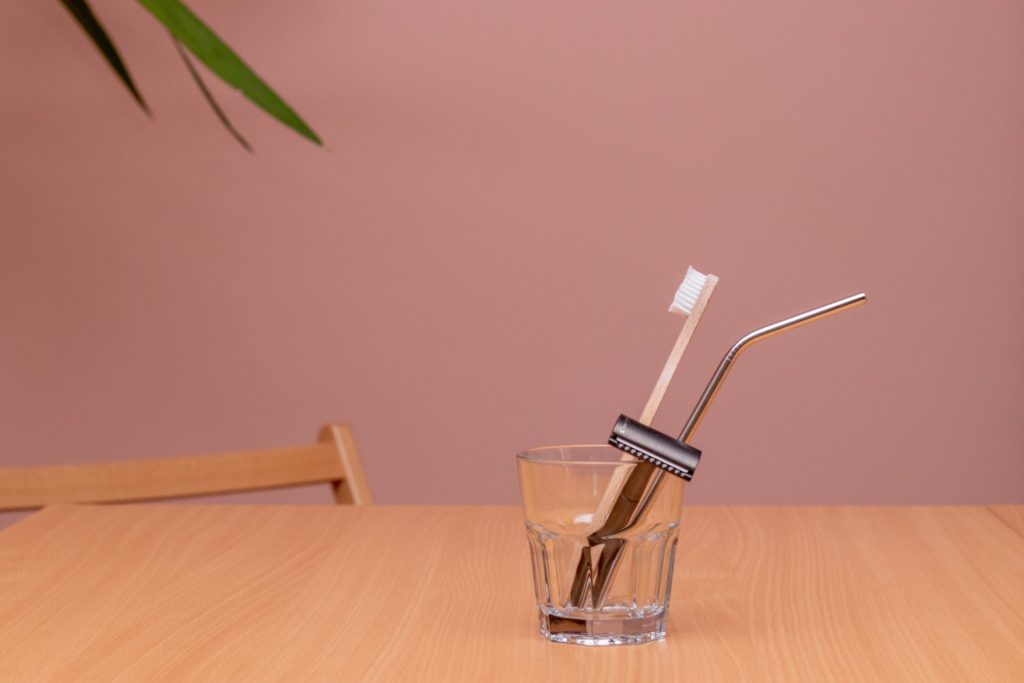
Where does one even begin?
I admit that one could possibly just tackle them all at once, and do a little bit at a time in all areas. But would that really be helpful? My personal approach would be to choose one and do that until you’re so great at it, that you can do it with your eyes closed. And then move on to the next one.
Admittedly, I don’t find any of these solutions particularly daunting. In fact, they’re all quite achievable with the right mindset. But the one I think I would find the hardest to accomplish would be the zero-waste lifestyle.
What is a zero-waste lifestyle anyway?
In a nutshell, the aim of the zero-waste movement is for less waste to end up at landfills.
I’ve thought about it and it’s completely logical. Instead of sending everything off to the recycling plant, why just not have that waste in the first place? Research now indicates that recycling is not a sustainable long-term solution. So, of course! A zero-waste lifestyle must be the answer.
But when you watch one of Lauren Singer’s videos showing us her small jar of waste for an entire FOUR YEARS, then I start to question my own commitment to living a zero-waste lifestyle. I mean, how is that even possible?
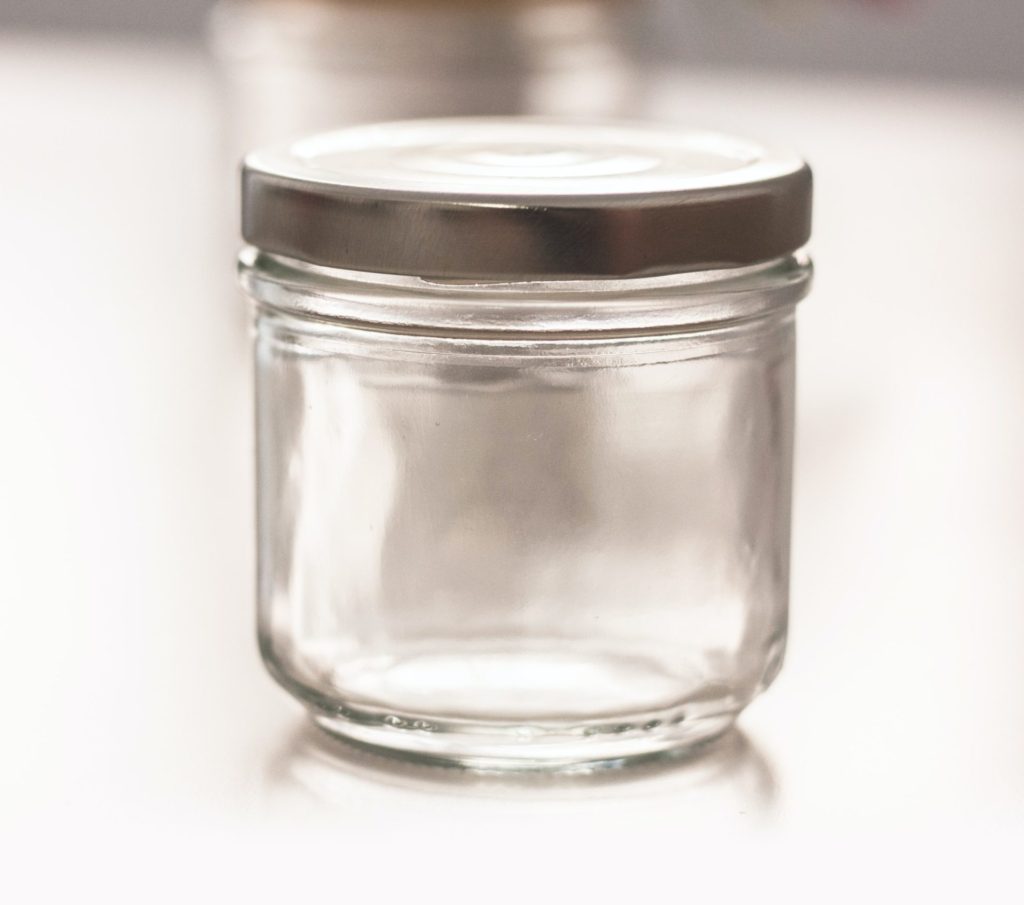
Is it practical?
This is the bit, I think, that would hinder us from attempting to move in this direction. And yet, more and more people are joining this movement.
If I think about just one day in the life of my family, from morning to night time, it’s alarming to see how far away from a zero-waste lifestyle we really are.
We use (in no particular order):
- Toothpaste from a tube
- Soap which comes in a cardboard box
- Milk from a carton (we actually get our milk straight from a local dairy and we reuse the cartons, but there are times when we get shop-bought milk)
- Cereal or porridge from a box
- Teabags / coffee / sugar from their various containers
- Bread from a plastic bag
- Cheese from a vacuum sealed plastic covering
- Eggs from a carton
- Margarine from a container
The list goes on! And this is all before 9am!
When I do an inventory such as this, it’s all a bit shocking, especially since in our household we consider ourselves quite progressive in our fight against climate change. Well – clearly not by the look of this!
It starts at home
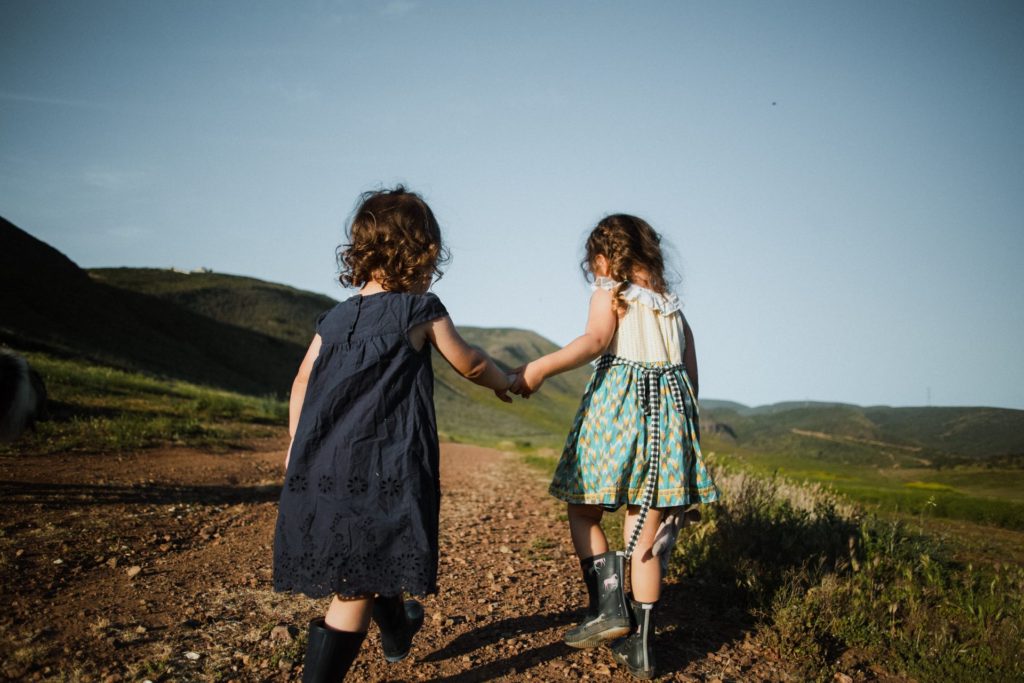
This revelation led me to sit down and think about how we, as family, could make an attempt to move towards this kind of lifestyle as well.
The more I thought how impossible it is to do, the more I realised that actually, it’s more possible than we think. As a society we’ve all fallen into the convenience-trap. The convenience of picking up practically anything we want, all neatly packaged, at our local supermarket – a one-stop shop for everything you need.
So trying to think how (and why!) we would possibly do things any other way, when we have things so easy right now, can be mind-boggling. But, TIME, I hear you shouting. Time, indeed. The convenience-trap saves us time. We don’t have the TIME to drive from one shop to another to get all these things in no packaging when we could just go to one place and be done. And besides, isn’t driving from one place to another only increasing our carbon footprint?
I hear you! Loud and clear.
But I read something somewhere (and I’ve tried to find the exact source with no avail) that stuck with me. Either way, whoever said it – the words had a profound, and long-lasting effect.
It goes:
There is no such thing as ‘away’ when you throw something away. It has to go somewhere.
So how do we do this?
Just sit down one day and Google all the zero-waste options in your area, or within fairly close proximity. By finding these stores, it could assist you in thinking that maybe this way of life is actually achievable – at least to some degree. You’d be fairly surprised to see what you’ll find right on your doorstep.
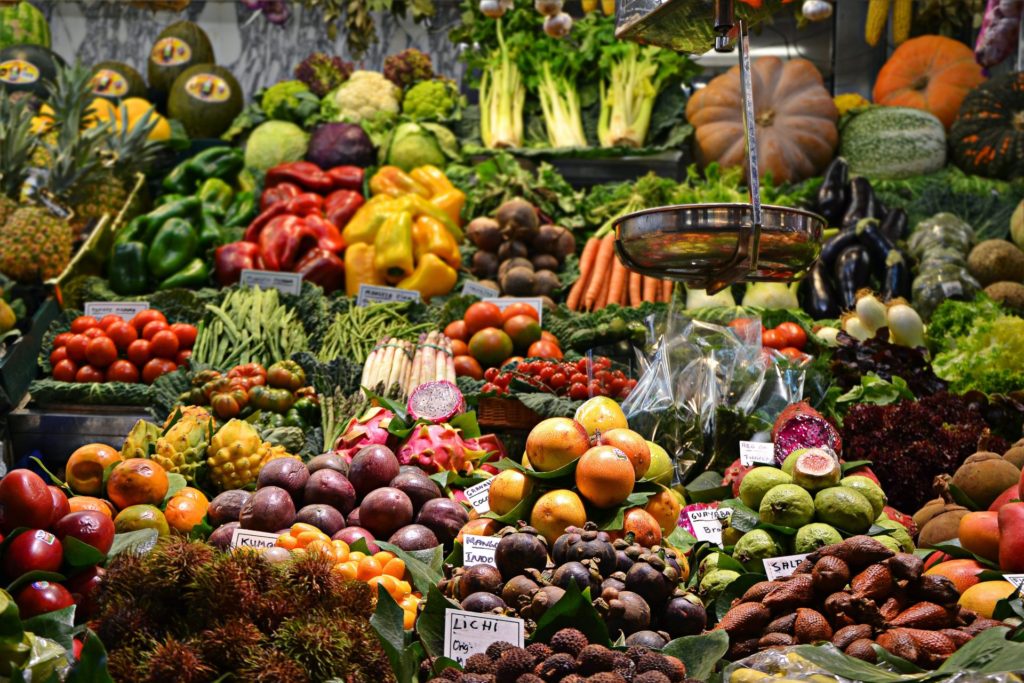
Package-free fresh produce
Food Lovers Market (Nationwide)
The Green Butler (Gauteng and Cape Town) – Online only
Dry goods and household products
The Refillery (Gauteng) – Online and physical stores
Shop Zero (Cape Town) – Online and physical stores
The Unwrapped Co. (Gauteng) – Online only
Nude Foods (Cape Town) – Physical only
Milk and dairy products
Irene Farm (Gauteng)
Kate’s Dairy Farm (Gauteng)
And last, but certainly not least, visit your local farmers’ markets. There you will find that nothing will be packaged, everything will be fresh from the farm, and you’ll be supporting and sustaining local business.

At the end of the day, every little bit helps. So, is a 100% zero-waste lifestyle really achievable?
No. It simply isn’t.
But we should all certainly strive towards a less-waste lifestyle. It’s the least we can do.
I’ll end with a quote from David Attenborough:
“Don’t waste electricity, don’t waste paper, don’t waste food. Live the way you want to live but just don’t waste.“
Words to live by, indeed.
